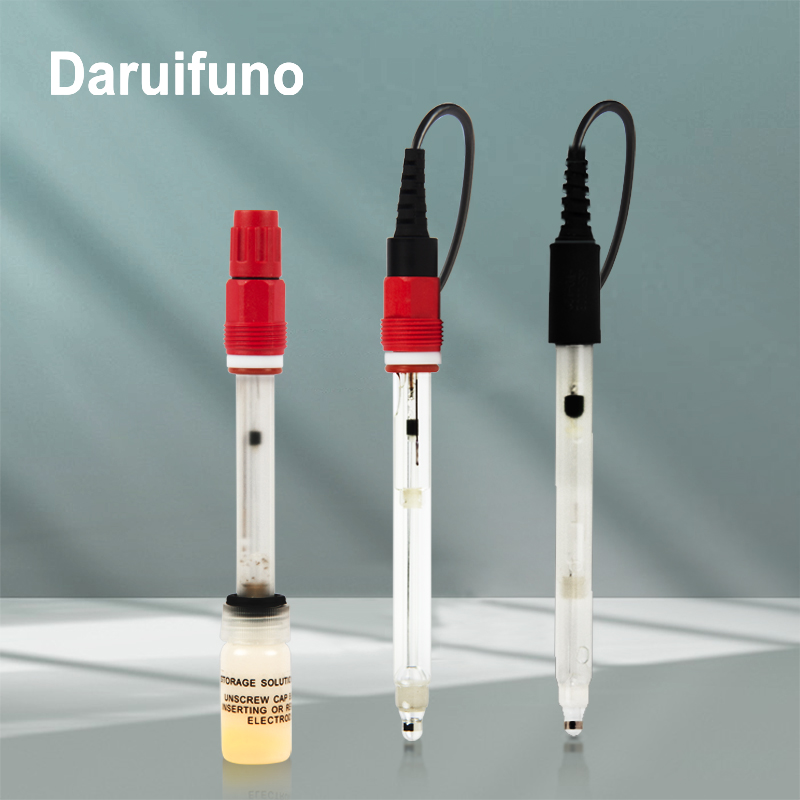For regular home textile sofas, proper cleaning and maintenance are essential to keep them looking fresh and extend their lifespan. Here are some key tips to follow:

First, it's recommended to use a dry cloth or towel to gently beat the sofa at least once a week. This helps remove dust and prevent buildup. Regular vacuuming is also important—ideally once a week. Pay special attention to the armrests, cushions, and seams, as these areas tend to collect dirt more easily. To protect these parts, you can cover them with a soft sofa cover or a large towel when not in use.
When using a vacuum cleaner, avoid using the brush attachment, as it may damage the fabric by pulling out threads. Instead, opt for a low-suction setting or a small vacuum cleaner to be gentle on the material. This will help prevent the woven threads from becoming loose or torn over time.
Another important tip is to avoid sitting in the same spot on your textile sofa for extended periods. This can cause uneven wear and tear. If you notice any loose threads, don't pull them off manually—use a pair of scissors to trim them neatly. If your sofa has removable covers, flip them weekly to distribute wear evenly and maintain a uniform appearance.
Once a year, you can deep clean your sofa using a suitable cleaning agent. Make sure to rinse it thoroughly afterward to avoid leaving behind residue that might attract more dust. It’s best to use a specialized cleaner that contains anti-staining agents for better results. Most textile sofa covers are easy to clean, but if they’re made of delicate materials like cotton or linen, consider taking them to a professional laundry service.
When ironing the cover, check the care label first. Some elastic covers are designed to be iron-free, so avoid using heat unless necessary. If you do need to iron, always use the reverse side of the fabric to protect the outer surface. For cotton covers, it’s generally better to avoid ironing altogether to prevent damage.
ORP Electrode
Overview
ORP electrode is a water quality sensor instrument specially designed to measure the ORP (oxidation reduction potential) level in various water bodies. It is an important component in water quality analysis. As a subset of the broader pH/ORP electrode category, the ORP electrode plays a crucial role in assessing the redox conditions of water, which is essential for understanding its chemical properties and ensuring its safety for various applications.
Definition and Importance of ORP
Oxidation Reduction Potential, abbreviated as ORP, is a measure of the tendency of a solution to either gain or lose electrons. It reflects the balance between oxidation and reduction reactions in water and is influenced by the presence of dissolved oxygen, organic matter, and other chemical species. Monitoring ORP is crucial as it provides insights into the water's ability to undergo chemical reactions, which can impact its suitability for various uses, such as drinking, irrigation, and industrial processes.
Importance of ORP Electrode
The ORP electrode is the tool that enables us to measure ORP levels accurately. It works on the principle that different metals or metal compounds have different affinities for electrons, generating a potential difference when they are immersed in a solution. This potential difference is then converted into an ORP reading, which can be used to assess the water's redox state. ORP electrodes are essential for a wide range of applications, including wastewater treatment, pure water preparation, and industrial water processing, where precise control of redox conditions is critical.
Daruifuno's ORP electrodes are designed to provide reliable and accurate ORP measurements in various environments. They are constructed using high-quality materials and incorporate advanced technology to ensure long-term performance and stability. Our electrodes are carefully calibrated and tested to meet industry standards, ensuring that they deliver precise results that you can trust.
The ORP electrode is a specialized type of pH/ORP electrode that focuses solely on measuring ORP levels. While pH/ORP electrodes can measure both pH and ORP, ORP electrodes offer a more targeted approach for applications where only ORP measurements are required. This allows for more precise control and monitoring of redox conditions, making them ideal for specific industries and processes.
Conclusion
Oxidation Reduction Potential (ORP) electrode is a vital tool for water quality analysis, providing critical insights into the redox state of water. At Daruifuno, we offer a range of high-performance ORP electrodes that are designed to meet the needs of various industries and applications. Our electrodes are reliable, accurate, and easy to use, ensuring that you can make informed decisions about your water quality management. In addition to our ORP electrodes, Daruifuno also offers a comprehensive range of pH/ORP electrodes, including the ASP100 Series
Glass PH Electrode, which is designed for industrial and water treatment applications. With our commitment to excellence and innovation, we are confident that we can provide you with the best solutions for your water quality analysis needs. Contact us today to learn more about our products and how we can support you in achieving precise and reliable water quality monitoring.
ORP Electrode,Oxidation Reduction Potential Electrode
Suzhou Delfino Environmental Technology Co., Ltd. , https://www.daruifuno.com

